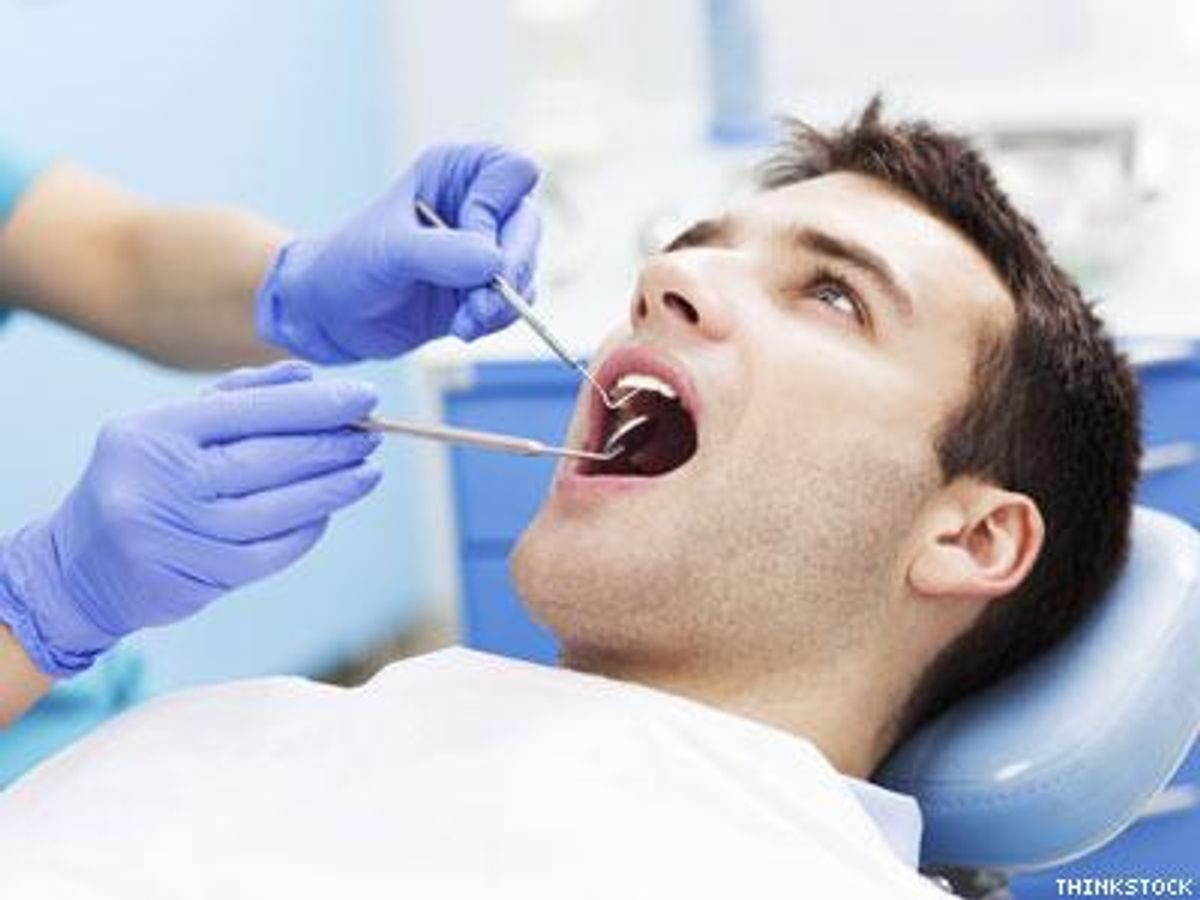Eighty percent of oral heath care patients surveyed in a University of Sydney study are in favor of receiving rapid HIV testing during dental appointments, researchers reported this week at the university's HIV Testing Symposium.
Researchers surveyed 521 dental patients, and a large majority felt comfortable receiving the noninvasive HIV test from their dental care provider, the university reports on its website. The sale and manufacture of oral at-home testing kits has long been prohibited in Australia, leaving only doctors’ offices and clinics as testing sites, but the federal government has recently lifted that ban.
“Dentists are well placed to offer rapid HIV testing because they’re located throughout the community, have ongoing relationships with their patients, and have the necessary training and expertise to recognize systemic diseases that have oral manifestations, such as HIV/AIDS,” said the study's lead author, University of Sydney lecturer Anthony Santella.
University officials say such testing is not offered at dental offices anywhere in the world, but in 2010, Poz found a few dentists who were doing it and others who discussed the viability of such a practice.
“As dental providers, we see our clients at least twice a year, so we’re able to check for cavities, gum disease and other oral diseases,” Catrise Austin, DDS, a cosmetic and general dentist in New York City, told Poz. “When I learned that OraSure HIV Rapid testing involved just swabbing the mouth and putting the swab into a developing solution and you get the results in 20 minutes, I thought that it only made sense that dentists start offering this service.”
“I contacted the New York State Department of Health,” Austin continued. “It was very easy, and it only took, maybe, a month to a month and a half to get the credentials to do [testing], and the program is going very well.”
Some dentists had doubts about offering HIV testing, though. They noted issues of cost to dentist and patient, HIV education, counseling, notification, and patient consent. They also wondered if dentists would be knowledgeable about HIV-specific privacy and confidentiality laws.
Based on the Sydney study, however, some health care professionals are optimistic that testing in dental offices could help stem the spread of the virus, as those who are undiagnosed run the risk of transmitting it without knowing it. “It’s important that policymakers and other stakeholders consider expanding rapid HIV testing beyond medical and sexual health clinics because the average time from HIV infection to diagnosis in Australia is currently more than three years,” Santella pointed out.
















































































